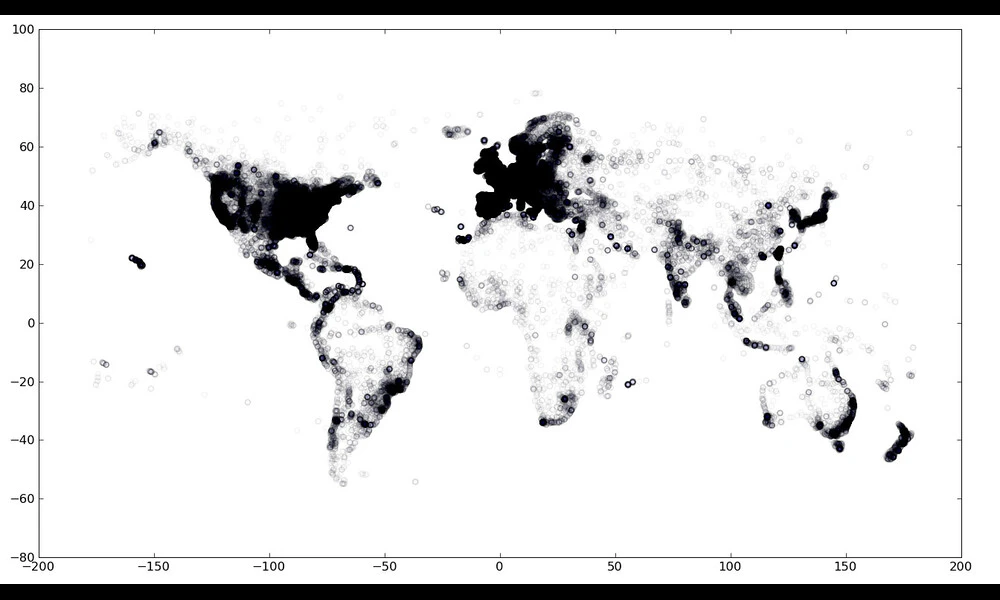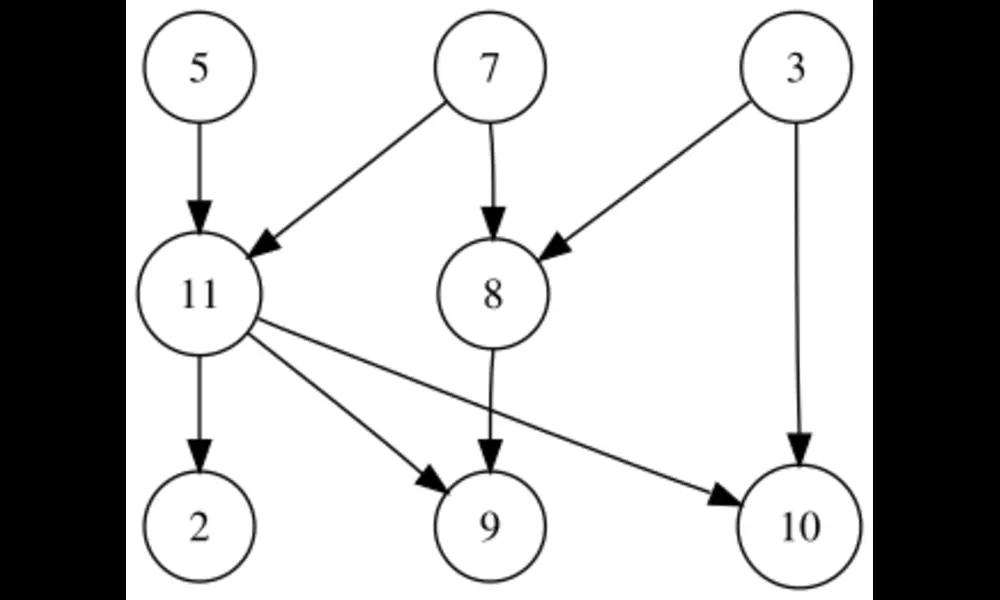The Origins and Evolution of Data Science
Published on Wed Nov 08 2023 world | Steven Kay on Flickr
world | Steven Kay on FlickrThe field of data science has grown rapidly in recent years, with a surge in job opportunities and academic programs dedicated to the field. However, there is still a lack of consensus on what exactly constitutes data science. Definitions range from statistics to data-driven science to the application of machine learning to big data. To trace the history of the field and clarify its definition, this preprint paper titled "Data Science from 1963 to 2012" takes a closer look at the origins and evolution of the term.
The paper explores primary sources to uncover the historical contexts in which the term "data science" was used. It begins with a review of the period from the 1960s, when the term was first used by the US Air Force, to 2012, when the influential article "Data Scientist: The Sexiest Job of the 21st Century" was published in Harvard Business Review. Throughout this review, several key themes emerge.
One recurring theme is the ongoing opposition between data analysts and data miners, which continues to shape the field of data science. Additionally, the paper highlights an established definition of data science as the practice of managing and processing scientific data, which has been overshadowed by recent usage. Lastly, the phenomenon of "data impedance" is discussed, which refers to the mismatch between the abundance of data and the limited computational resources available to process it.
By examining the historical use of the term "data science," this paper aims to provide a foundation for developing a more authentic and coherent definition of the field. This is crucial for the growth and development of academic programs in data science, as well as for establishing standards and a professional community within the field.
Overall, this preprint paper sheds light on the origins and evolution of data science, highlighting the complex nature of the field and the need for a shared understanding among its practitioners.
Tags: Computer Science



